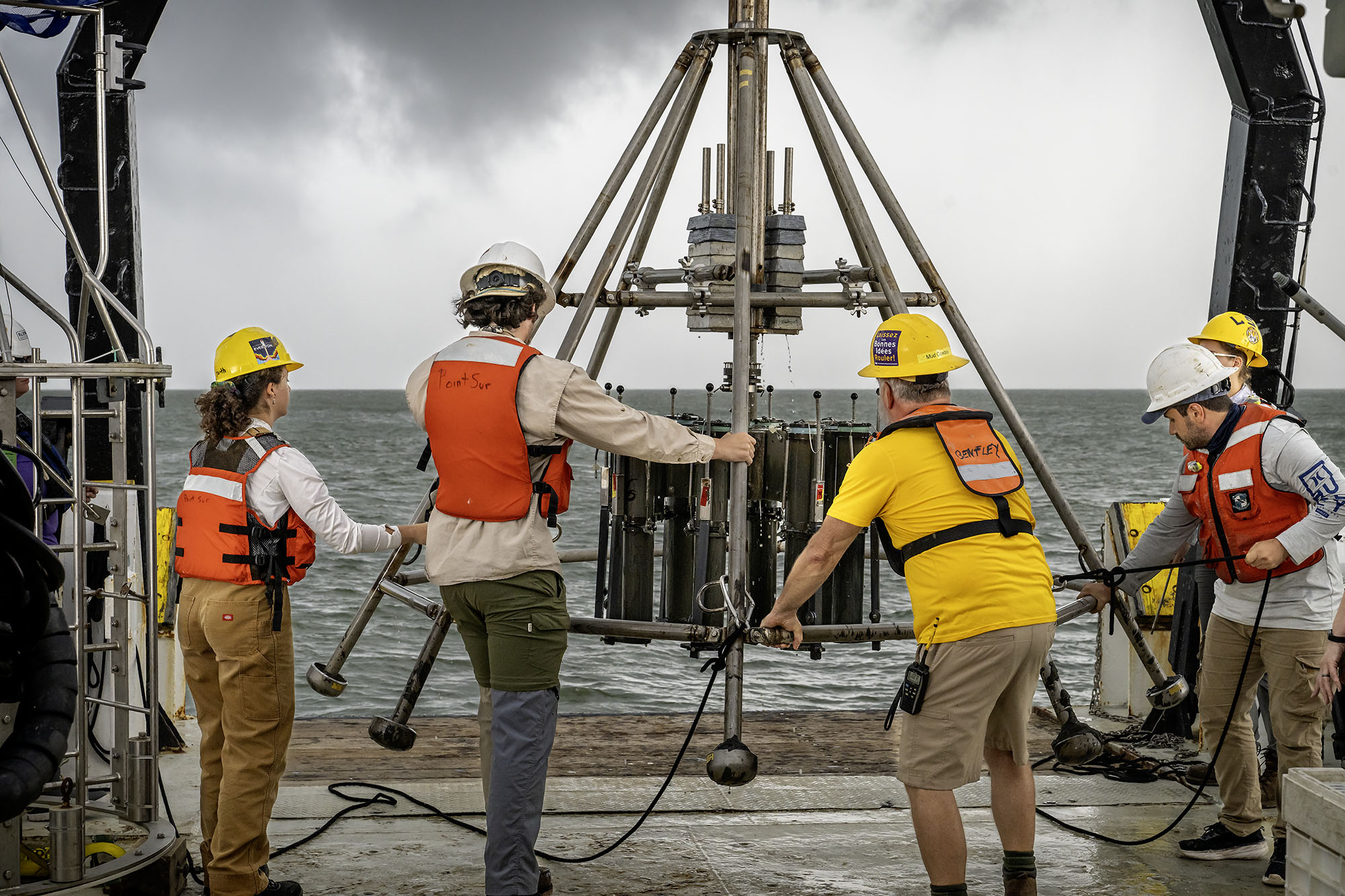Video: LSU- and Tulane-led Project Guides Future of Threatened River Deltas in Louisiana, Worldwide
December 10, 2024
The region where the Mississippi River meets the Gulf of Mexico is crucial for U.S. commerce, energy, wildlife, fisheries, and the people who live there, but it’s also one of the most vulnerable coastal areas in the world.
LSU and Tulane are leading a 15-member consortium called the Mississippi River Delta Transition Initiative, or MissDelta, to chart a new course for the future of this disappearing region, which is also known as the Bird’s Foot due to its shape and appearance.
The research has received $22 million in support from the National Academies of Sciences, Engineering and Medicine.
“The very specific objective for this is to determine what the future holds for the geomorphic landmass that constitutes the Bird’s Foot under our present management strategies for the river,” said Sam Bentley, professor in the LSU Department of Geology and Geophysics and co-director for MissDelta.
It’s not just a Louisiana problem. About one in 14 people around the world live on populated river deltas that are under threat, just like the Mississippi Delta, Bentley said, adding that it’s a global, multi-trillion-dollar threat.
“It’s very exciting work and really meaningful,” he said. “And it's going to have a combination of direct and some indirect insights that can be applied to other river deltas around the world.”
On a recent working trip to the delta, students from several universities discussed the important work and how honored they feel to be part of it.
“The work of predicting the future of the Bird’s Foot Delta will give community members a realistic look at what their home will look like over future generations,” said Jameson Woodall, applied coastal environmental science senior at LSU. She said LSU’s focus on student research has been key to her college experience.
“Freshmen have the opportunity to do research, which is I think is pretty rare. It's really shown me that I can do research, that it's definitely in my future, and that it's what I'm passionate about.”
Besides LSU and Tulane, the consortium includes Southern University of Baton Rouge, Xavier University of New Orleans, Jackson State University, Grambling State University, Dillard University, Alcorn State University, University of Southern Mississippi, the University of Central Florida, the University of Louisiana at Lafayette, the Louisiana Universities Marine Consortium, the Water Institute of the Gulf and the College of William & Mary in Virginia.
“If I could be a part of a team that could save my home, that's just awesome,” said Nickolas Lawrance, an agricultural sciences senior at Southern University.

Next Step
LSU's Scholarship First Agenda is helping achieve health, prosperity, and security for Louisiana and the world.


